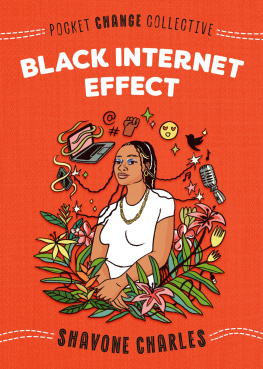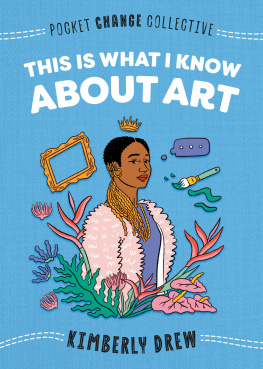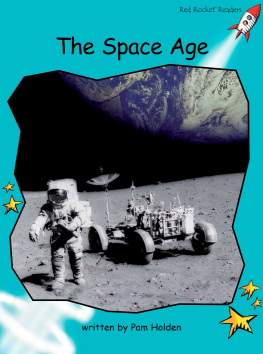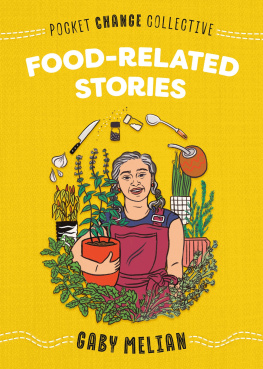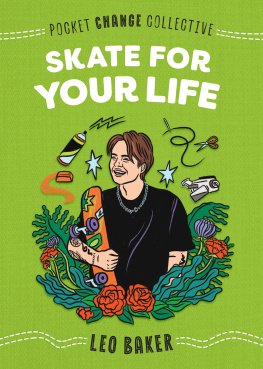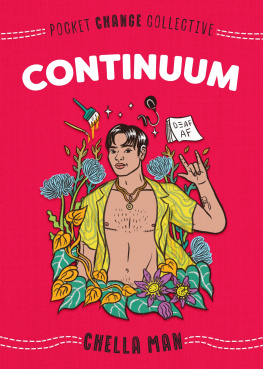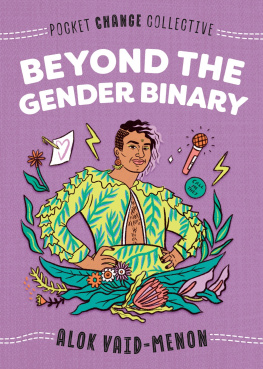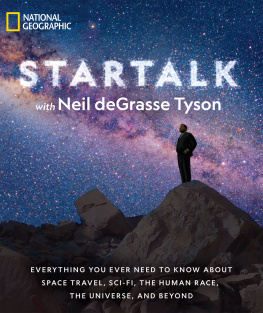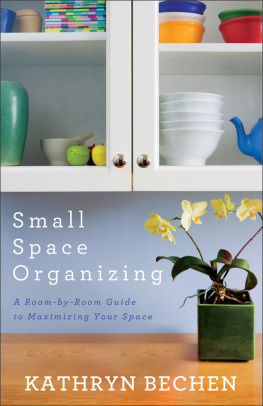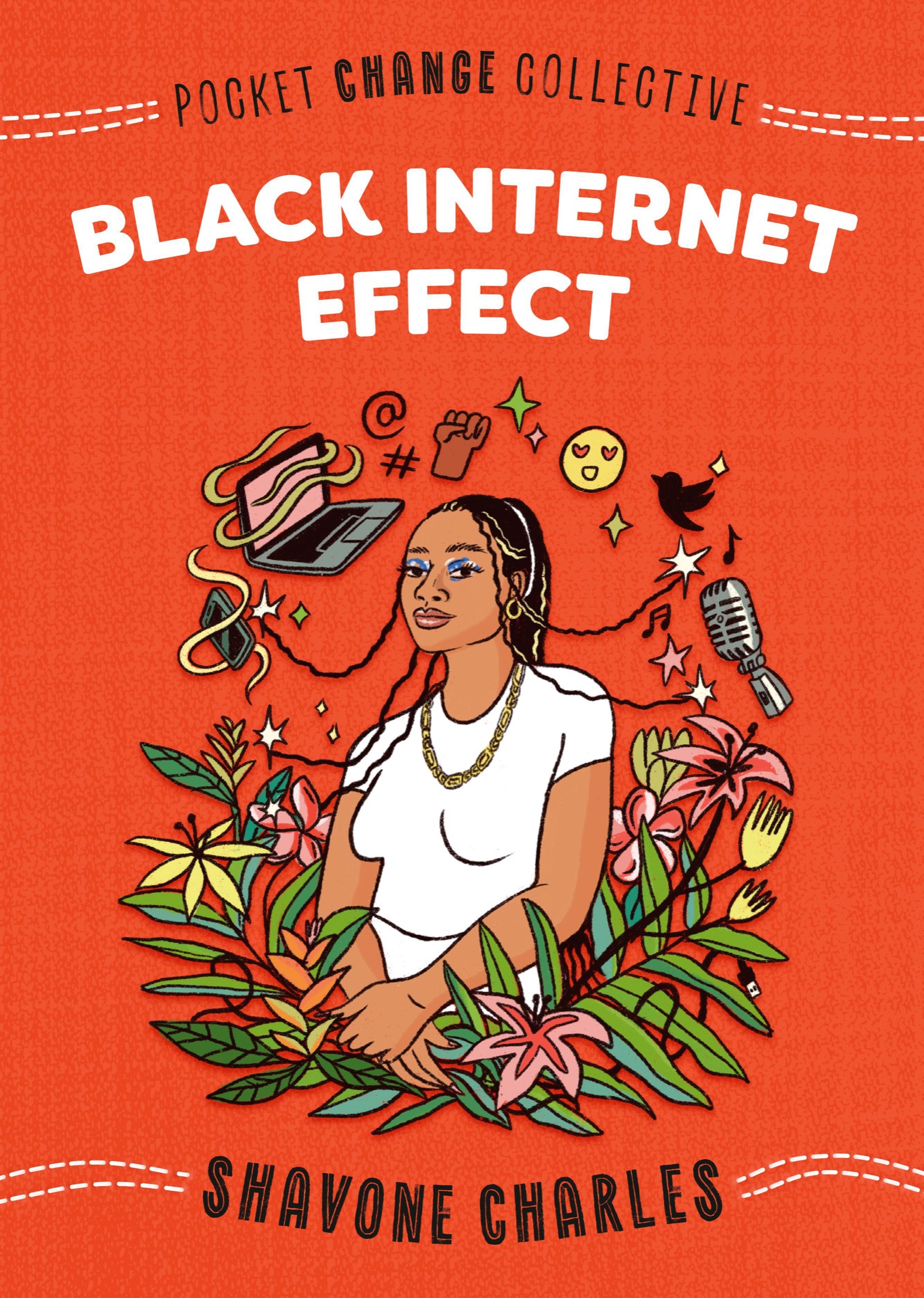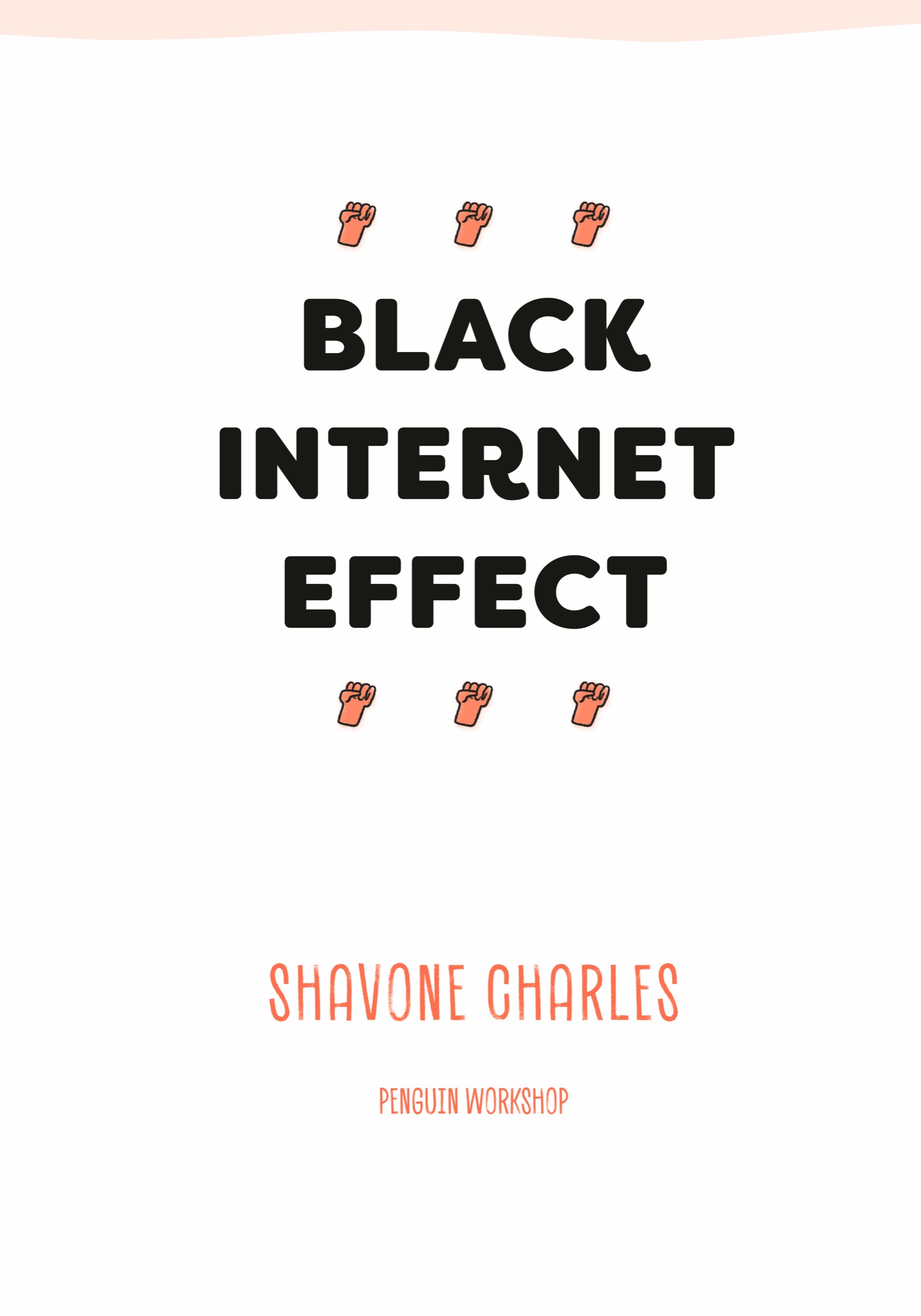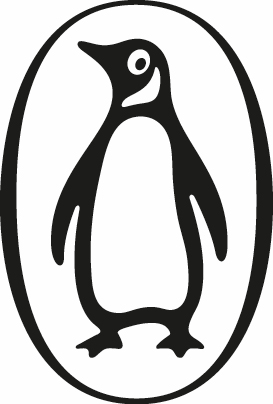I dedicate this book to the next generation of minds who will shape our world for the betterSC
Penguin supports copyright. Copyright fuels creativity, encourages diverse voices, promotes free speech, and creates a vibrant culture. Thank you for buying an authorized edition of this book and for complying with copyright laws by not reproducing, scanning, or distributing any part of it in any form without permission. You are supporting writers and allowing Penguin to continue to publish books for every reader.
PENGUIN is a registered trademark and PENGUIN WORKSHOP is a trademark of Penguin Books Ltd, and the W colophon is a registered trademark of Penguin Random House LLC.
Visit us online at penguinrandomhouse.com.
Library of Congress Cataloging-in-Publication Data is available.
The publisher does not have any control over and does not assume any responsibility for author or third-party websites or their content.
PROLOGUE
I was sixteen years old when I stood in the living room with my dad at my house in Southeast San Diego and watched a TV special that would change my life forever.
It was a hot Saturday morning in 2007, and I rushed through the house, toothbrush in one hand, flute case in the other, scrambling to get dressed for a scorching day of marching band practice at Helix Charter High School. I was flute section leader in band and had to show up an hour early, so I was in a crazy hurry when my dad called me into the living room. Aye, Shavone! Where you at? Come on in here! You need to see this.
I scurried over. Look at this! Look at these people, can you believe theyre at work? my dad touted. I looked at the TV to see clips of twenty- to thirty-something-year-old adults napping in lime-green pods, eating ice-cream sundaes, and riding down bright red, forty-foot slides. For the first few seconds, it looked like I was watching a scene from Willy Wonka & the Chocolate Factory (one of my all-time favorite movies!). I stood there with my mouth open, in awe of this pictured utopia. A few seconds later, Googles colorful, bright logo flashed on the screen and my dad said, Have you ever seen this? They work for Google! You should look up working for a place like that one day.
I was bewildered by the thought. Me? Work for a search engine website? Up until that point, I hadnt thought once about a career path in the technology industry. I was enrolled in every AP class I could get into in high school because I knew I wanted to go to a university and be a writer. That was it. I had dreams of working on music and poetry. I even flirted with the idea of going to law school or being a college professor one day. Working in tech hadnt ever really crossed my mind until that day in the living room.
Band practice would have to wait. I felt so drawn to the idea of this food heaven full of genius people who could nap throughout the day and wear Nikes and jeans to work. My eyes scoured the TV screen in search of a person of color, a Black person, anyone that could give me a sense of familiarity and otherwise convince me that this utopia was a welcoming, real-life possibility for someone who looked like me. Even then, it was hard for me to fathom the idea of seeing a Black woman, a person like me, working at a place like Google.
Thirty minutes passed, the episode ended, and that bright feeling of hope and curiosity was quickly followed by an overwhelming sense of anxiety as I sat in the living room with no blueprint or knowledge of how to pursue a career that would ever lead me to a company like Google. Around that time, my high school counselors were laser-focused on college and more traditional careers. Technology wasnt often brought up as a possible professional path for me or any other Black students. At the time, the popular social media site Myspace was killing the game, and that was the main social platform of choice for me and my friends. We didnt view technology as a standalone concept or industryit was simply interwoven into our everyday lives as the main way to forge community and stay connected to one another. The only reason I was ever introduced to HTML coding in the first place was because I wanted to customize the color and template of my Myspace profile.
I also grew up in a household with parents who were Black small-business owners and always preached about the importance of me going to college to get a good job. Every day, I watched my mother and father wake up to work from sunrise to sundown, and they answered to no one. They ran their own mom-and-pop businesses: our family restaurant and a hair salon. They didnt have a 401(k) or a cushy corporate benefits plan, and always urged me to go to a university so I could one day get a high-paying job and avoid having to work as hard as they do. To all of us, that meant being a lawyer, a corporate CEO, or a doctor of some kind. I remember feeling so much anxiety, pressure, and fear whenever I thought about choosing the right career path after high school. I didnt envision myself in a pantsuit, working in an office cubicle anywhere. If there was an industry for me, I thought, it would have to be in media, music, or fashion, where I could really express myself.
Fast forward and here I am, neck-deep as a young Black millennial in Silicon Valley, navigating the world of tech and social media. Currently, I am at TikTok, where I was hired in a newly created role as the companys first-ever head of Diversity & Inclusion Communications. I officially started my career in the technology industry at twenty-one years old with my first full-time job at Twitter, where I led the companys global music and culture communications out of their San Francisco headquarters as the youngest and first-ever Black woman to be hired onto their public relations team. After Twitter, I worked at Instagram, where I launched their Los Angeles office and managed all of the apps global music, teen, and youth culture communications, again, as the youngest and first-ever Black woman to be hired onto their marketing and communications team. At both Twitter and Instagram, I personally carved out my professional roles, and since then, I strive to bring my advocacy for voices of color into every room Im in. I am the founder of my very own creative group, Future of Creatives, and I started Magic in Her Melanin, a community organization created with the mission to elevate the stories of women of color and drive equitable career development for next-generation creatives and people of color across the tech industry. I am a multihyphenate creative, classically trained musician, and activist who happened to find her way into the wonky world of the tech industry. My path has led me in many directions and down so many winding roadsall with the hope that in the spaces in which I am the first, I wont be the last.

